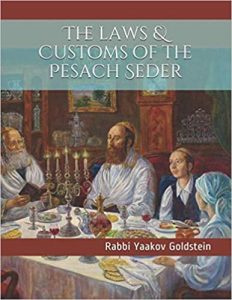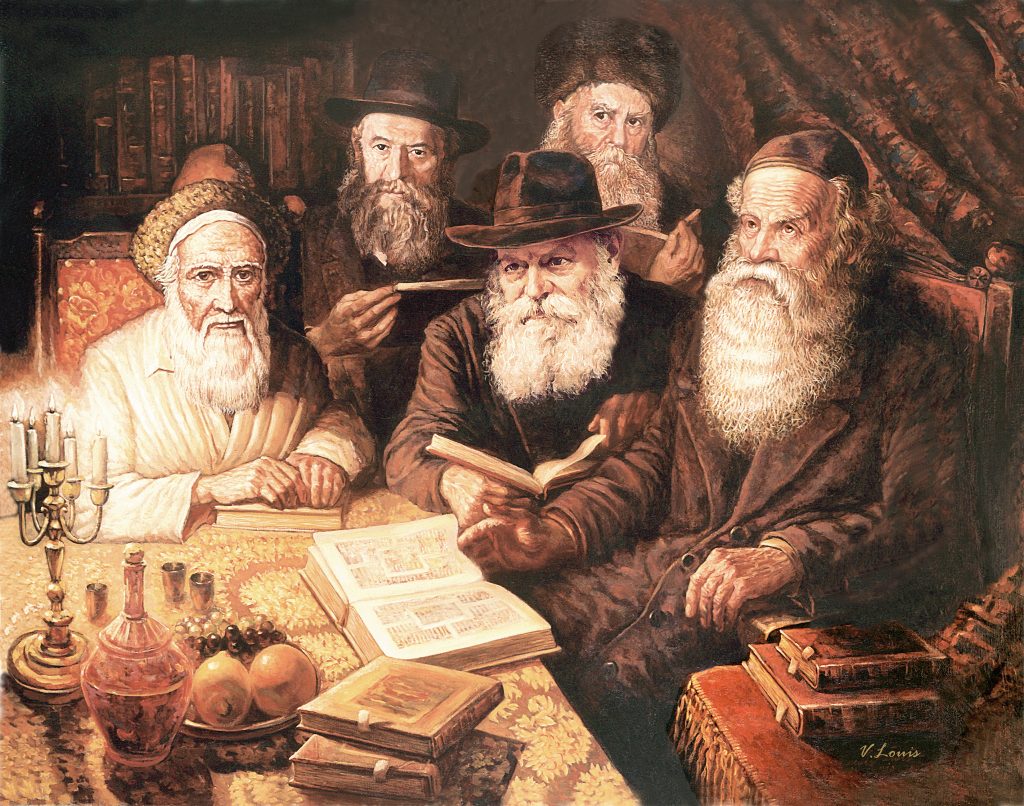
*As an Amazon Associate I earn from qualifying purchases.
After the passing of Yosef and his brothers a new King reigned over Egypt who did not know Yosef. The king felt threatened of the new demographics facing the original Egyptian population and feared they would be ousted in a time of war against foreign enemies. The king thus appointed tax collectors over the Jewish people in order to afflict them.
|
Q&A The reason the Egyptians and Pharaoh feared a revolt by the Jews:[2] The reason that the Egyptians and Pharaoh feared a revolt by the Jews is due to a certain battle that occurred with the Egyptians and Jews versus the army of Tzefu, the son of Eisav. The Egyptians ended up deserting the battlefield and causing the Jews to fight in battle alone. The Jews took vengeance against the Egyptians after their successful battle and slew many of the Egyptian soldiers. This eventually led to the fears of Pharaoh and his people against the Jewish nation.
How many years after the arrival of Yaakov Avinu to Egypt did the slavery begin?[3] The slavery began 102 years after the arrival of Yaakov to Mitzrayim, in the year 2340. Was Pharaoh a new king?[4] Some say this Pharaoh was a new king who did not live in Egypt during the era of Yosef, and he later came as an outsider and ousted the current monarchy. Others say he was the son of Pharaoh, born to him while Yosef was in jail.[5] Others say he was the same king as in the times of Yosef, but was nevertheless referred to as a new king being that he was abdicated and then reinstated as explained next.
Pharaoh was forced by the people to enslave the Jews:[6] The aristocrats of Egypt approached Pharaoh and told him that they must connive together a way to get rid of the people. At first, Pharaoh refused due to his awareness of the greatness of Yosef and the power of the Jewish people. When they saw this, they abdicated him from the monarchy. Without choice he agreed to connive with them for the sake of being repositioned on the throne. The original plan: Pharaoh’s original plan was to get rid of the entire Jewish people and have them all killed.[7] He decided to kill them through drowning in water, as Hashem had promised to never again judge the world with a flood.[8] Nonetheless, he was talked out of this plan as explained next. Pharaohs three advisers:[9] Pharaoh had three advisers, Balaam, Iyov, and Yisro. Each had a different reaction upon being informed by Pharaoh of his plans. Balaam agreed with the plan of Pharaoh while Iyov told Pharaoh not to kill the Jews and in its stead to usurp their possessions and take them as slaves. Yisro, however, opposed the plan and needed to flee as a result. How did Pharaoh convince the Jewish people into slavery?[10] Pharaoh enacted a tax to be collected from the Jewish people, and the tax was for them to build him fortified cities like Pitom and Ramses. To cajole the Jewish people to do so, Pharaoh placed a necklace of a small brick on his neck and went to work on the building, thus causing the Jewish people to be ashamed to refuse assisting in the work. At first, Pharaoh simply asked the Jewish people to do him a favor, and help him with the building and Pharaoh himself went ahead and began doing the work. For this reason, the word Perech can also be read as Peh Rach, a soft mouth.
|
[1] Shemos 1:8-10
[2] Sefer Hayashar Shemos; Meiam Loez Shemos Chapter 1
[3] Seder Hadoros
[4] Rav and Shmuel in Sota ; Meiam Loez chapter 2
[5] Rabbeinu Bechayeh Shemos
[6] Shemos Raba; Meiam Loez Perek 2
[7] Zohar parshas Bo, brought in Meiam Loez Shemos Perek 2
[8] Sotah
[9] Meiam Loez Shemos Perek 2 and page 39 [new edition]
[10] Yalkut Shimoni; Meiam Loez Shemos Chapter p. 29 [new edition]




Leave A Comment?
You must be logged in to post a comment.